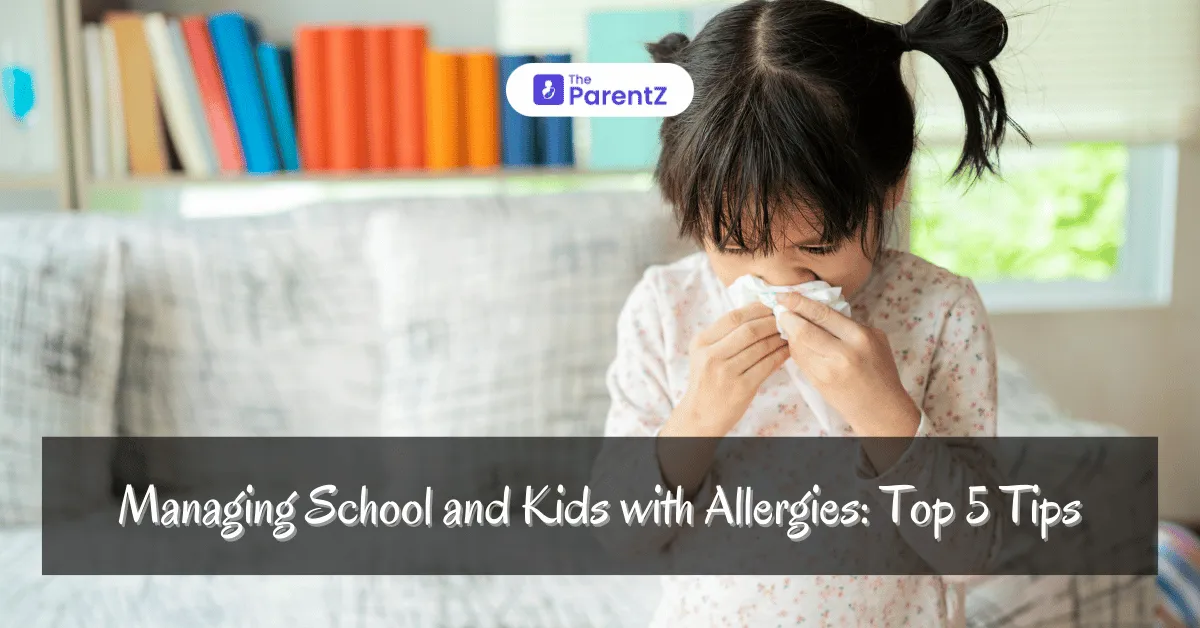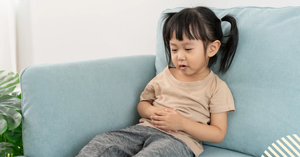The reality is—parenting has never been easy, and if you have kids with allergies, it gets even more challenging, especially when managing both school and kids comes into play. In fact, the anxiety of not being present with your kids can also make you feel overwhelming. Did you know in the U.S. alone, from food allergens to environmental triggers, allergies affect nearly 1 in every 13 kids?
Read below this article to explore some of the most helpful tips on how you can manage your child’s allergies while they are at school.
Communicate With The School
The very basics of eliminating the risk of allergic reactions at school is to communicate with your child’s school, including your child’s triggers, symptoms to watch out for, and emergency steps. You can meet with the teachers, school nurse, and administration before the school year begins and figure things out together. Besides, if your child has severe allergies, make sure they carry an epinephrine auto-injector on campus and know how to use it.
Keep Your Child Informed
While teachers and school staff can help, the best approach is informing your child; after all, they are their own first line of defense against their allergies. Educate them about how to recognize the signs of a reaction, avoid triggers, and immediately communicate with the teacher if anything goes wrong. Make sure you also teach them to say no to snacks or avoid spaces where allergens might be present, especially if they suffer from certain food allergies or dust allergies. These simple steps can actually make a big difference.
Allergy-Safe Meals and Snacks
If your child has food allergies, the school cafeteria can be potentially dangerous. Therefore, the safest option is to give them lunches and snacks packed at home. Most importantly, let your child know that sharing food is a big no-no for them. However, make sure you put in efforts to be a little creative while preparing their lunches so that they don't feel restrictive when it comes to trying and exploring new foods. Did you know in a study, over 90 percent of severe allergic reactions in schools were linked to food? Therefore, this small effort is a big step towards keeping your child safe at school.
A Backup Plan for Emergencies
Emergencies can happen anywhere, no matter how well you have prepared. Thus, you need to always have a backup plan in place. The first thing you need to do is provide an action plan to the school administration so that they actually know what to do in case of emergencies. You also need to pack an emergency kit that includes an epinephrine auto-injector, antihistamines, and an emergency contact list, especially for kids who have severe allergies.
The Safe Zone Tactic
Lastly, you can also discuss with your child’s school to create a safe zone within the school campus where allergens are not allowed and where your child can feel safe. You can speak to the school staff about minimizing exposure to allergens, such as prohibiting certain foods or requiring handwashing after meals. Surprisingly, such simple measures can significantly reduce the risk of exposure by up to 90 percent, according to Pediatrics.
Takeaway
While managing allergies at school can actually feel overwhelming, with proper collaboration and discussion with the school administration and your child, you can significantly limit your child’s exposure to allergens. After all, every small effort matters when it comes to ensuring your child’s safety. From allergy-safe home-packed lunches to informing the peers, you can really breathe a little easier knowing your child is safe.








Be the first one to comment on this story.